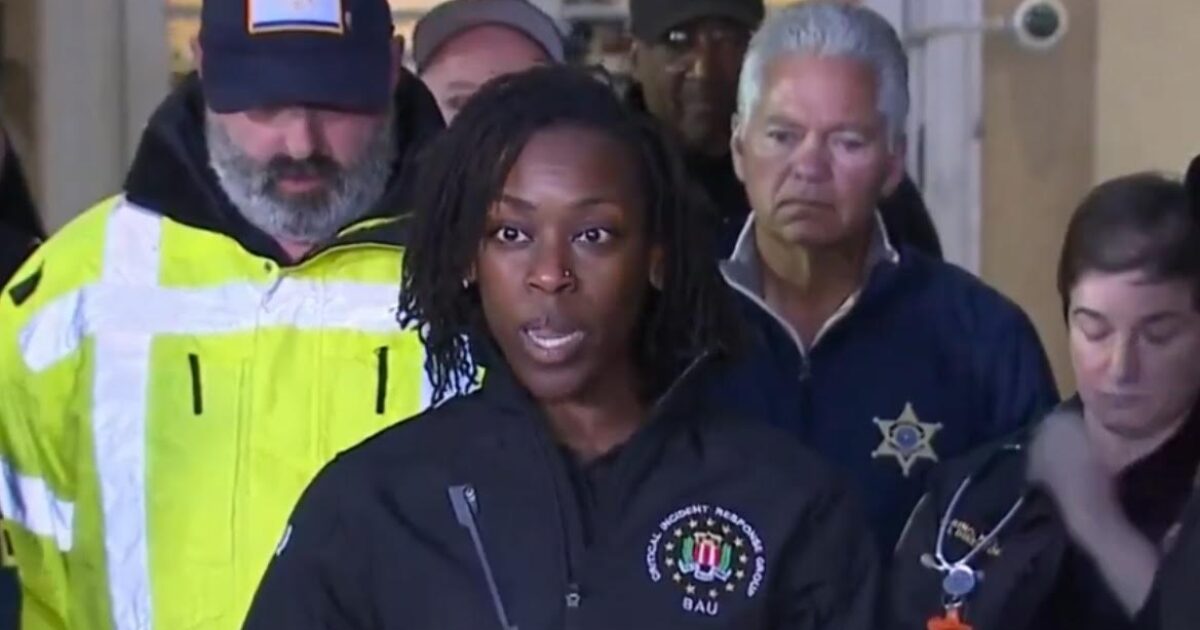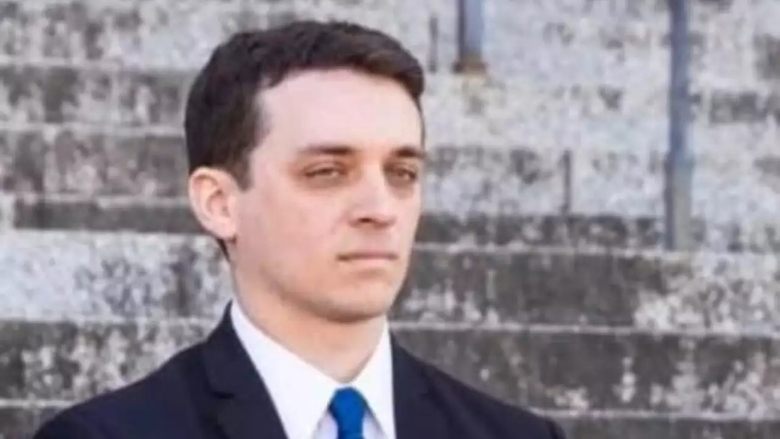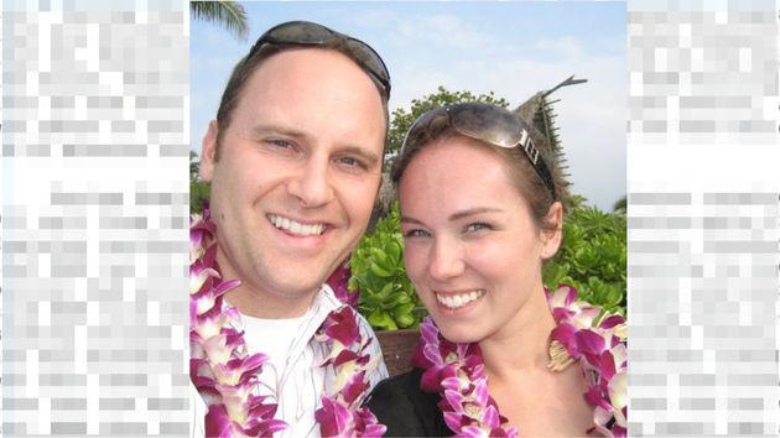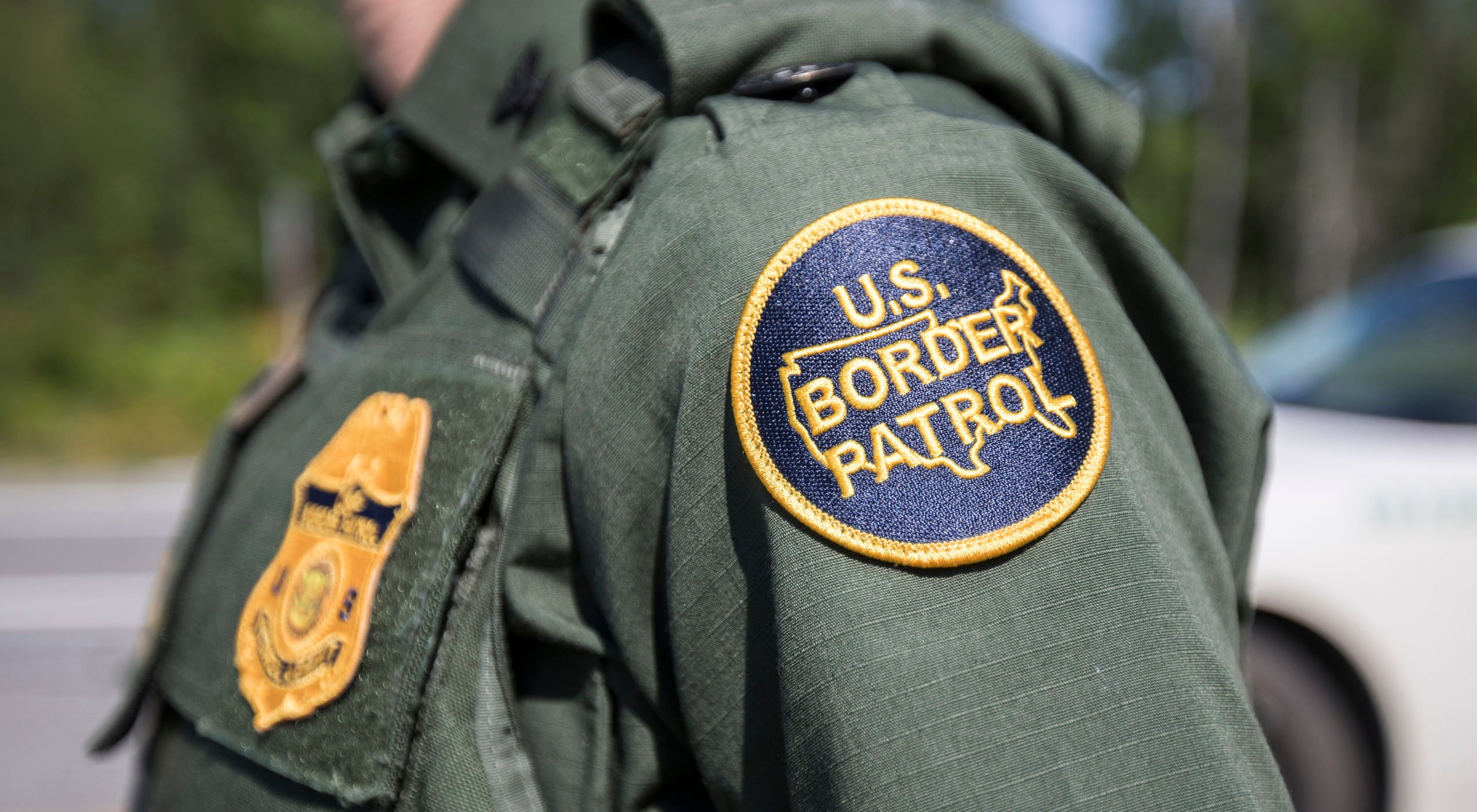The FBI is under intense scrutiny after a devastating New Year’s Eve terror attack on Bourbon Street in New Orleans, which left 15 dead and 35 injured. Criticism has mounted over the agency’s response, with revelations that the FBI’s top local leader, Lyonel Myrthil, was on vacation in Italy during the attack. In his absence, Special Agent Alethea Duncan, whose focus includes diversity, equity, and inclusion (DEI) initiatives, was left in charge and made controversial public statements that downplayed the severity of the event.
Christian Talk Podcast
On New Year’s Eve, chaos erupted when Shamsud Din Jabbar, a 42-year-old attacker, drove a vehicle into crowded Bourbon Street celebrations. Authorities later discovered two improvised explosive devices (IEDs) in his vehicle and another near the crime scene, underscoring the attack’s premeditated and deadly intent.
Top Immunity Support For The Times:
Immune systems can be weakened by poor diet, lack of sleep, and countless other environmental factors.
Our products may help support your body’s natural defenses.
Save 15% W/ Code “SAVE”
Visit: https://GetZStack.Com
Includes FREE SHIPPING in USA
Despite the evidence, Duncan, serving as the acting FBI leader in Myrthil’s absence, dismissed the incident as non-terrorist during a press conference the next day. “This is not a terrorist event,” she declared, sparking outrage as law enforcement later confirmed the attack as an act of Islamic terrorism.
Myrthil’s absence has been heavily criticized, with many questioning his decision to leave during a time of heightened risk in a city known for its large and vulnerable New Year’s celebrations. According to the Oversight Project, FBI Deputy Director Paul Abbate was unaware that Myrthil was abroad until after the attack occurred. Abbate quickly deployed a senior counterterrorism official from headquarters to take charge of the situation.
The FBI confirmed Myrthil was “en route to a family vacation out of the country” when the attack happened, further fueling public frustration over leadership priorities and preparedness.
Duncan’s handling of the press conference drew sharp rebuke, not only for her dismissal of the terror designation but also for what critics called a lack of professionalism. Her choice to wear a nose ring while addressing the public became a symbol of what some described as the FBI’s misplaced priorities.
The backlash has reignited debates about the FBI’s focus on diversity, equity, and inclusion (DEI) initiatives. Critics argue that prioritizing DEI over qualifications and preparedness can lead to disastrous outcomes. Duncan’s perceived lack of crisis management experience became a focal point in discussions about the agency’s hiring and leadership practices.
“This isn’t about diversity—it’s about ensuring the people in charge during a crisis have the skills and experience to act effectively,” said one New Orleans resident.
The FBI’s response to the attack has been marked by disarray and miscommunication. Duncan’s premature dismissal of the incident as non-terrorist in nature directly contradicted evidence later revealed by law enforcement. Investigations confirmed Jabbar’s background and motives aligned with known terrorist profiles, with the IEDs recovered being viable explosive devices capable of causing even greater destruction.
The Oversight Project has called for an independent investigation into the FBI’s handling of the attack, citing significant leadership failures and gaps in crisis preparedness.
The New Orleans terror attack has exposed troubling vulnerabilities within the FBI’s leadership and crisis management structure. Critics argue that Myrthil’s decision to leave during a known high-risk period reflects a lack of foresight and accountability at the agency’s highest levels.
Duncan’s controversial performance as acting leader during the attack has further exacerbated concerns. “It’s unacceptable for someone so clearly unprepared to represent the FBI during a crisis of this magnitude,” said another local resident.
The fallout from the New Orleans terror attack has left the FBI scrambling to regain public trust. Law enforcement agencies and oversight organizations have emphasized the need for a thorough review of the FBI’s policies, leadership priorities, and crisis response protocols.
The Oversight Project’s revelations have amplified calls for accountability. “Americans deserve better than a federal agency that fumbles its responsibilities during a time of crisis,” a spokesperson said.
As public outrage grows, the FBI faces mounting pressure to address its missteps. The agency must demonstrate that it remains capable of protecting the public during times of crisis, especially in an era of evolving domestic and international threats.
The New Orleans terror attack has become a flashpoint in discussions about the balance between leadership accountability and agency priorities. Whether through internal reforms or external investigations, the FBI must confront its failures to restore confidence in its ability to safeguard the nation.
What’s clear is that the aftermath of this tragedy has sparked critical questions about the agency’s preparedness, leadership structure, and focus. For many, the events in New Orleans are a sobering reminder of the stakes involved when public safety is at risk—and the need for those in charge to rise to the occasion.




